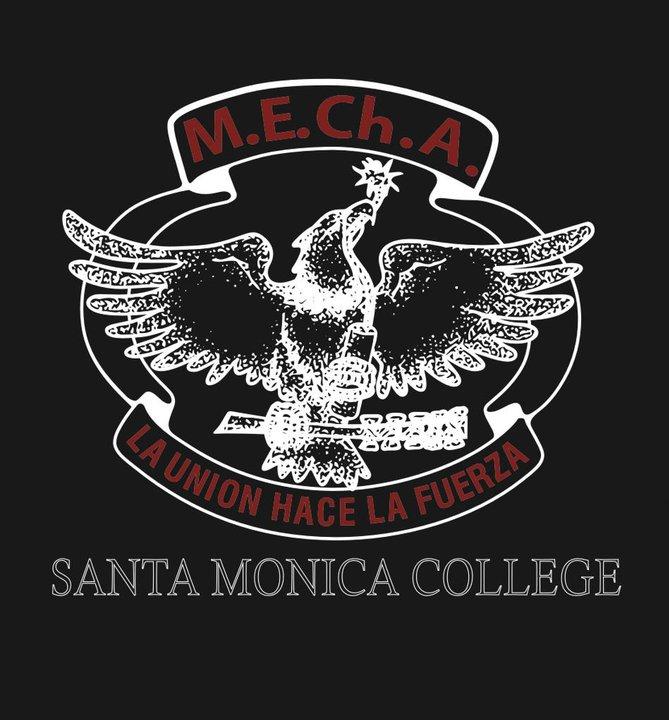October 9, 2011
Congrats fellow dreamers! Jerry Brown officially signed AB131!
Gov. Brown signs second part of California DREAM Act
www.dailycal.org
Gov. Jerry Brown signed the second part of the California DREAM Act into law Saturday.
AB 131 will allow undocumented students to apply for and receive
state financial aid, such as Cal Grants. The California DREAM Act is
composed of two parts, both authored by Assemblymember Gil Cedillo,
D-Los Angeles. AB 131 is the second half, and builds upon AB 130, which
was signed into law in July and allows universities to give private financial aid to undocumented students from their own funds.
“Going to college is a dream that promises intellectual excitement
and creative thinking,” Brown said in a Saturday press release. “The
Dream Act benefits us all by giving top students a chance to improve
their lives and the lives of all of us.”
The California Department of Finance estimates that 2,500 students
will qualify for Cal Grants as a result of AB 131, at a cost of $14.5
million — about 1 percent of all Cal Grant funds, according to the
Saturday press release.
“It’s a moment that’s ten years in the making,” said CalSERVE Senator Sydney Fang, co-author of the ASUC bill in support of the Dream Act.
“This is just a really key step in the movement in making higher
education accessible to all students, regardless of their citizenship
status.”
AB 130 allows students eligible for AB 540 — or those who have
fulfilled similar requirements — to receive scholarships derived from
non-state funds. Passed in 2001, AB 540 allows undocumented students who
meet certain conditions to pay in-state tuition at a state public
higher education institution.
“We’re feeling really great, I know for (Cedillo) its been since 2006
that he’s been waiting,” said Conrado Terrazas, Cedillo’s
communications director. “This has been a real big step for really
helping the economy because students who may have once worked at
McDonalds now have opportunities to be doctors, teachers, architects.”
AB 540 was intended to improve financial aid access to students who
have attended and graduated from California high schools but are still
subject to nonresident tuition, which includes, but is not limited to,
undocumented students. Undocumented students were not eligible for Cal
Grants or other state aid under AB 540, a key factor that led to the
proposal of the California DREAM Act.
“This is a huge win — hugely important for California,” said Jeremy
Pilaar, UC Student Association board member and an organizer of a group
who presented postcardsto
Brown last month in support of the DREAM Act. “We value all the
students in our state and we are going to give an opportunity to high
school students in California who want to make this their home, who want
to be contributors to society.”
Yet the impact the California DREAM Act will have on undocumented
immigrants is thought to be largely symbolic. Of the 2,240 AB 540
students at the UC level, 30 percent were undocumented, said Luis
Quinonez, a legislative aide to Cedillo.AB 131 was passed by the state Assembly last month and
had since been sitting on Brown’s desk. Brown had until Sunday at
midnight to sign or veto the bill.AB 131 will take effect Jan. 1, 2013.

No comments:
Post a Comment